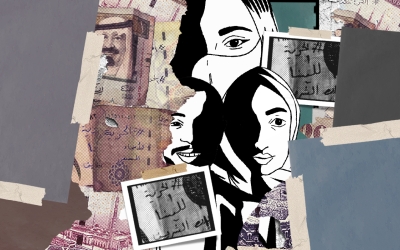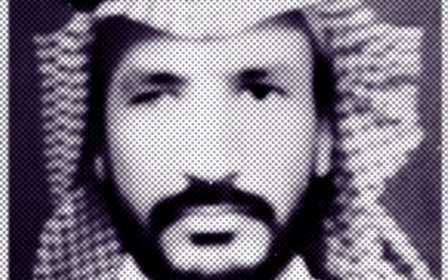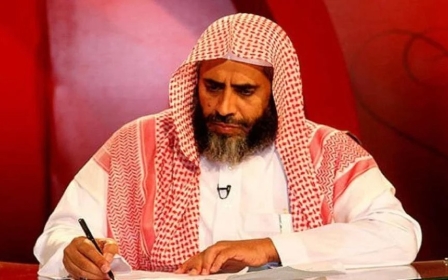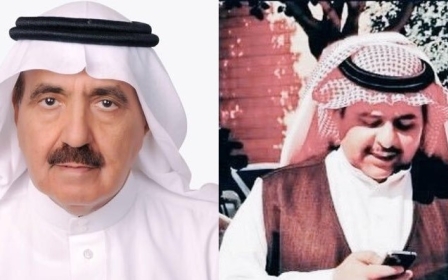Saudi Arabia: Imprisoned human rights defender 'forcibly disappeared'
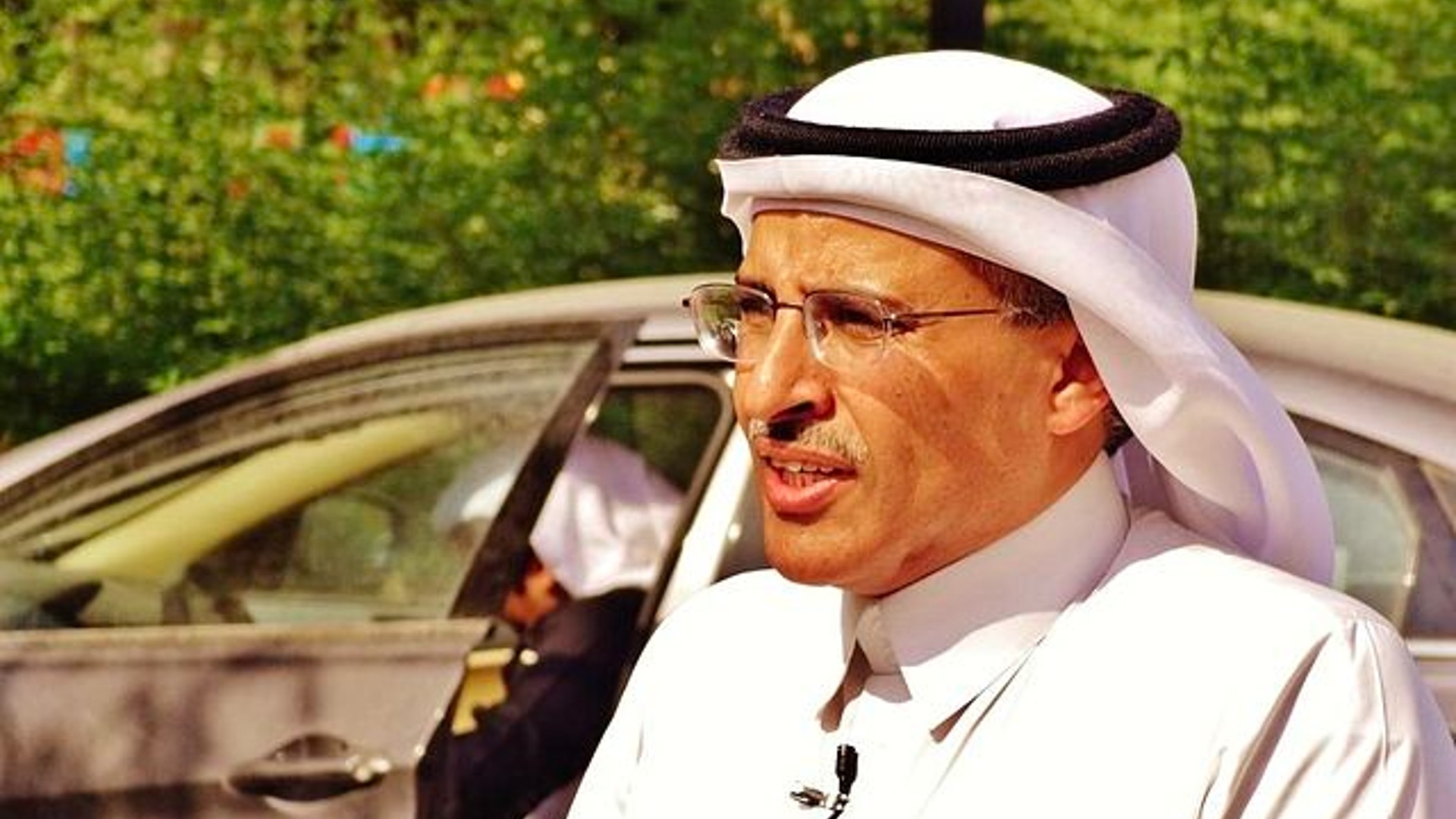
Saudi Arabian authorities have forcibly disappeared a prominent human rights activist who has been imprisoned since 2013, according to rights groups.
Amnesty International said on Friday that Mohammed al-Qahtani has been denied contact with his family since 24 October and his whereabouts are unknown.
The family suspects his disappearance could be linked to complaints he made about being assaulted by another inmate earlier in the month.
Al-Qahtani's wife told the Saudi rights organisation Sanad last week that she had become "concerned" for her husband after he didn't contact her at the time of his regular, scheduled call.
She then contacted the prison to enquire about her husband and was told he had been transferred to another prison but did not disclose which one, Amnesty said.
"Amnesty International urges the Saudi Arabian authorities to reveal Mohammed al-Qahtani's whereabouts, allow him to contact his family, and immediately and unconditionally release him," the group said.
Mohammed al-Qahtani is a renowned human rights activist who in 2009 co-founded the now-disbanded Saudi Association for Civil and Political Rights, known in Arabic as HASM and English as ACPRA.
In 2012 he was arrested alongside ACPRA's other co-founder, Abdullah al-Hamid.
In 2013, the pair were handed 10 and 11-year prison sentences over their peaceful activism.
Al-Hamid, a pioneering Saudi human rights defender, died in prison while serving his sentence in 2020.
He suffered a stroke two weeks before his death but was kept in detention despite being in a coma at the hospital.
Several other founding members of ACRPA are also behind bars, including Waleed Abu al-Khair, and Mohammed al-Bajadi, who has been detained without charge or trial since 2018.
Systematic repression
Rights advocates and researchers say Saudi Arabia has witnessed an ongoing pattern of systematic repression since 2017 after Mohamed bin Salman became crown prince and de-facto ruler.
Since then waves of arrests have targeted dozens of academic and religious scholars, preachers, activists, economists, human rights workers, and women's rights activists.
The majority remain behind bars, with some facing death sentences, such as Salman Odah, Ali al-Omari, and Awad al-Qarni.
Amnesty International says that as of November 2022 it has recorded 55 cases of people in Saudi Arabia prosecuted "for exercising their rights to freedom of expression, association, and assembly".
In May 2020 the UN Working Group on Enforced Disappearances raised alarm bells over this pattern of repression.
The group told the UN General Assembly that Saudi Arabia's legal framework had failed to protect its people from enforced disappearance, which they said was being used as a tool of suppression.
"The unchecked and increased concentration of power with the royal authority, which has undermined judicial independence has contributed to a culture of impunity, and investigative rules and practices have fostered the occurrence of enforced disappearances," it wrote.
Middle East Eye propose une couverture et une analyse indépendantes et incomparables du Moyen-Orient, de l’Afrique du Nord et d’autres régions du monde. Pour en savoir plus sur la reprise de ce contenu et les frais qui s’appliquent, veuillez remplir ce formulaire [en anglais]. Pour en savoir plus sur MEE, cliquez ici [en anglais].


